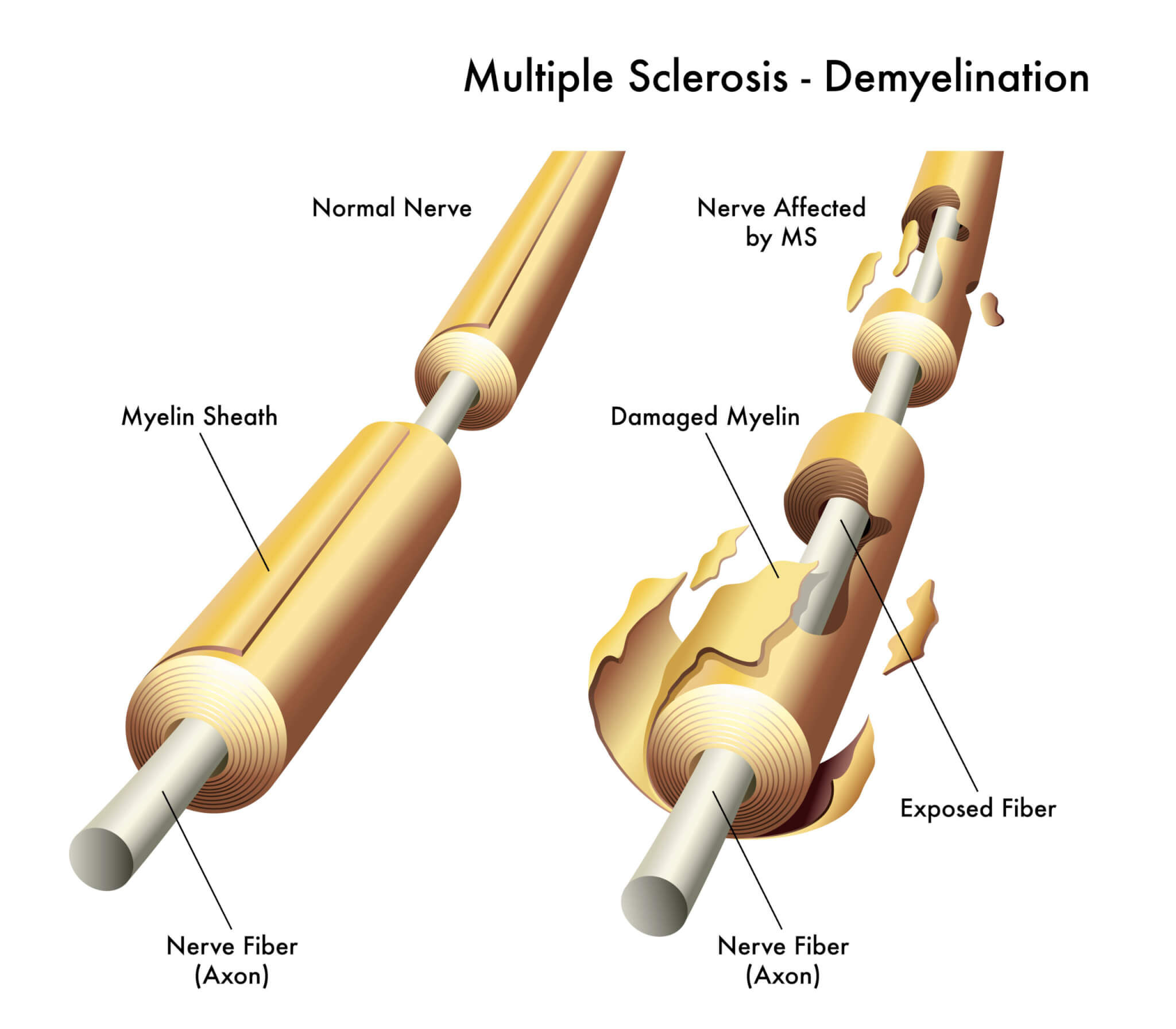MINNEAPOLIS — Depression and constipation could be early warning signs of multiple sclerosis (MS), a new study warns. Scientists with the American Academy of Neurology also suggest that urinary tract infections (UTIs) may precede the diagnosis of this autoimmune disease. They explain that in some diseases, the underlying processes may begin years before an official diagnosis.
The research reveals that individuals who later develop multiple sclerosis are more likely to experience conditions like depression, constipation, and UTIs up to five years before their diagnosis compared to those who do not develop MS.
The study also finds a higher likelihood of sexual problems and bladder infections, or cystitis, in individuals who later develop MS. These conditions were also more common in people with other autoimmune diseases, such as lupus and Crohn’s disease.
“Knowing that these conditions may be prodromal symptoms or even early-stage symptoms of MS would not necessarily lead to earlier diagnosis of the disease in the general population, since these conditions are common and could also be signs of other diseases,” explains the study’s author, Professor Celine Louapre from Sorbonne University, in a media release.
“But this information could be helpful for people who are at a higher risk of developing MS, such as people with a family history of the disease or those who show signs of MS on brain scans but do not have any symptoms of the disease.”
Simply put, multiple sclerosis is a disease that causes a patient’s own immune system to eat away at the protective covering of nerves. This can lead to several chronic symptoms, such as vision loss, pain, fatigue, and impaired coordination.

The study involved over 20,000 newly diagnosed MS patients. Each was matched with three non-MS individuals of the same age and sex, totaling 54,790 participants. The MS group was also compared to over 30,000 individuals with Crohn’s disease and 7,337 with lupus. Since MS, Crohn’s disease, and lupus are all autoimmune diseases predominantly affecting young adults and women, the research team examined medical records to identify any of 113 diseases and symptoms in the five years before and after diagnosis or the matching date for non-autoimmune individuals.
Results show that people with MS were 22 percent more likely to have depression, 50 percent more likely to have constipation, 38 percent more likely to have UTIs, 47 percent more likely to have sexual problems, and 21 percent more likely to have cystitis than those without MS.
Additionally, 14 percent of individuals with MS had antidepressant prescriptions five years before diagnosis, compared to 10 percent of those without MS. This number increased to 37 percent for MS patients five years after diagnosis, in contrast to 19 percent for those without MS.
“Of course, not everyone with these symptoms will develop MS. Our hope is that these early signs will eventually aid in understanding the biological mechanisms occurring in the body before the actual symptoms of the disease manifest.” Prof. Louapre adds.
The study is published in the journal Neurology.
You might also be interested in:
- Vitamin B12 may hold the key to treating multiple sclerosis
- Common ‘kissing disease’ among teens may trigger multiple sclerosis
- Over-the-counter allergy medicine shows promise in potentially reversing multiple sclerosis
South West News Service writer Stephen Beech contributed to this report.




